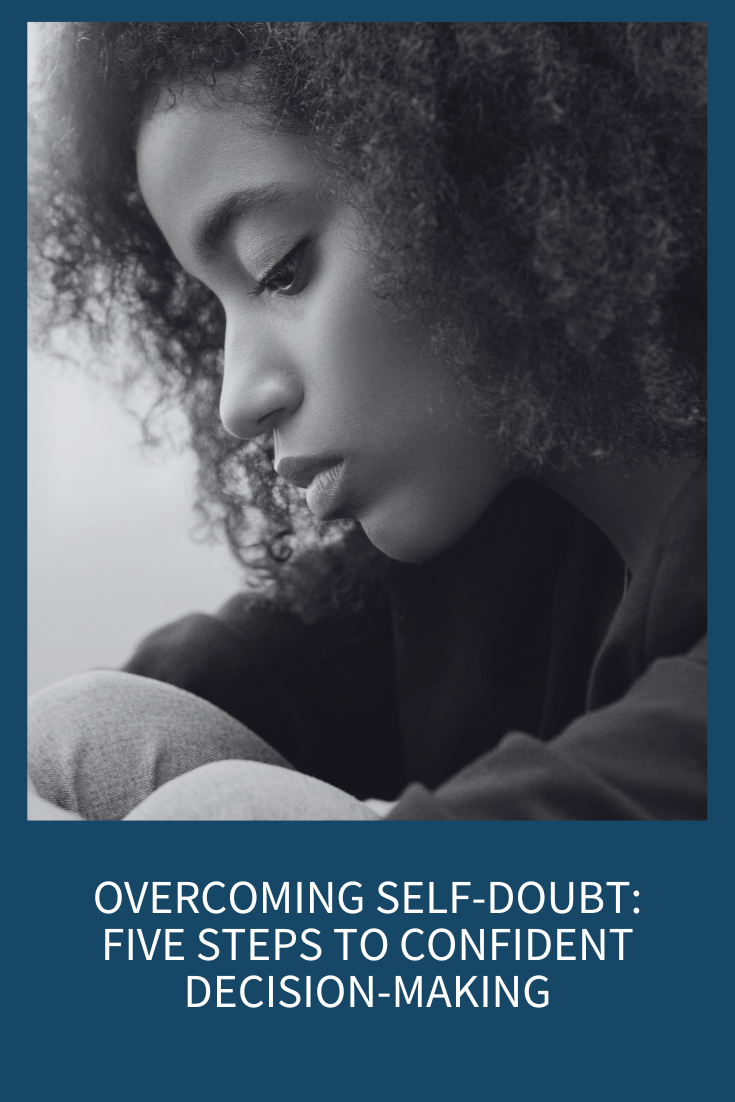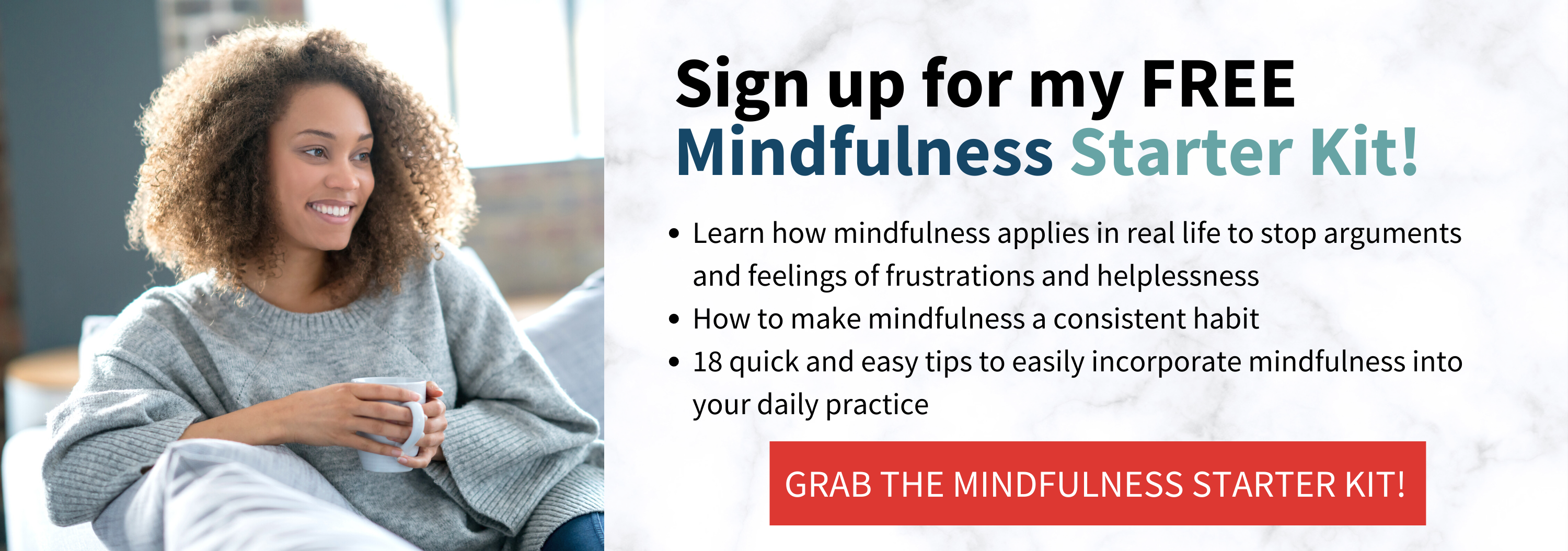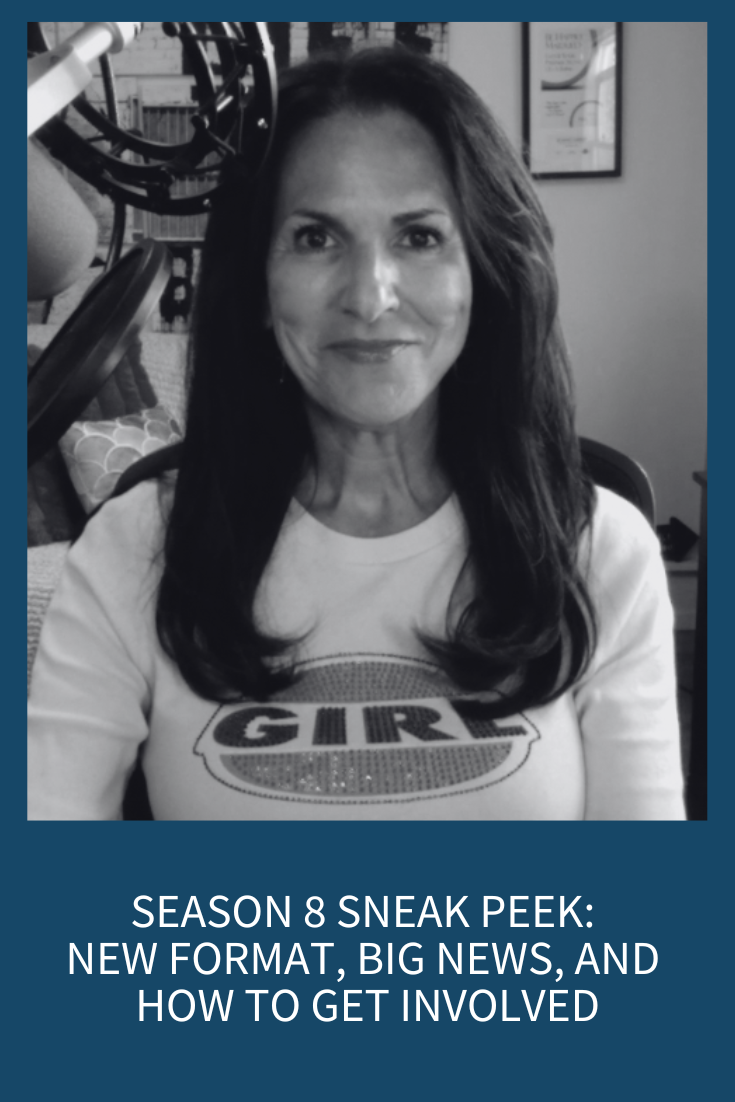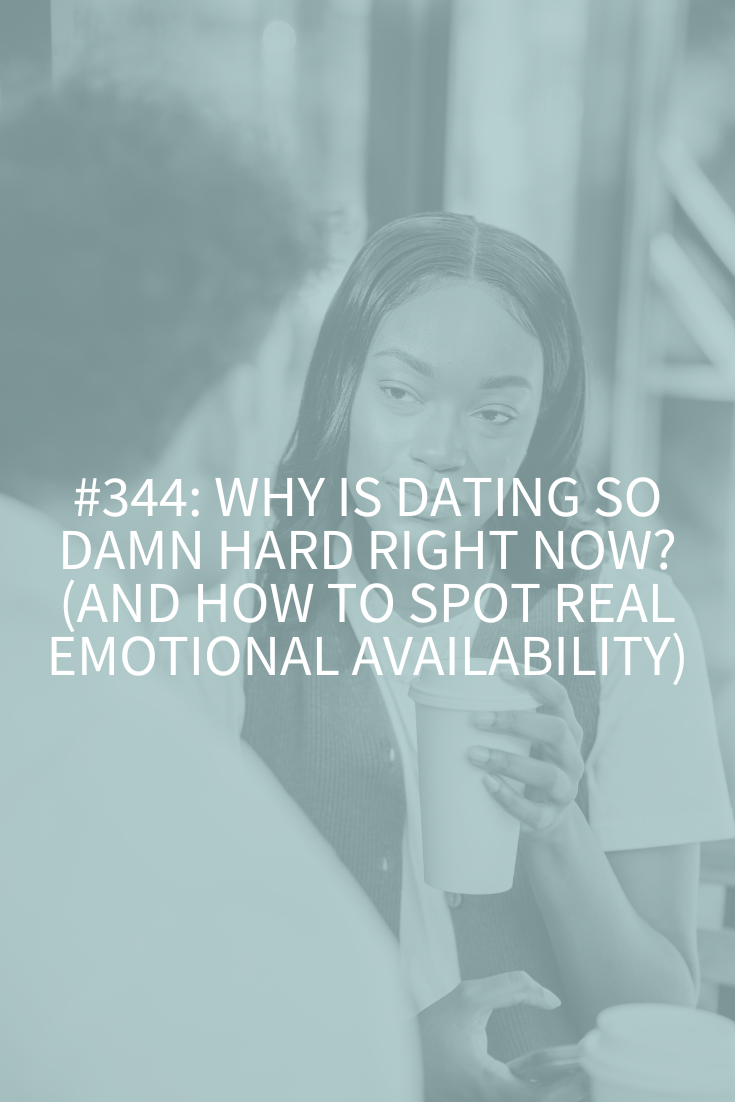
Self-doubt is that relentless voice in your head that questions your choices, your worth, and your abilities. It can make even the most straightforward decisions feel overwhelming. But here’s the good news: self-doubt is a habit of thought. And, like all habits, you can break it. By understanding its roots and applying some research-backed strategies, you can absolutely become a confident decision-maker. Today, I’ll walk you through what science says about self-doubt, why it sticks around, and how to build the self-assurance you need to break the self-doubt habit. Stay tuned for my five steps to confident decision-making.
11-minute read
Why Do We Doubt Ourselves?
Self-doubt creeps in as a result of past experiences, a fear of failure, or a need for validation from others. Studies show that when people are heavily dependent on external feedback, they’re more likely to experience chronic self-doubt because they struggle to trust their own judgment. On top of that, self-doubt can be compounded by a tendency for our brains to exaggerate perceived risks. This is rooted in evolutionary survival mechanisms that prioritized avoiding threats, but in modern life, this “threat” can look like the fear of making a wrong choice or of failing publicly.
Most commonly, self-doubt begins in childhood. It can be traced back to the interactions you had with the important people in your life growing up, such as your parents, teachers, older siblings, coaches, or other mentors. Maybe you were always compared to your siblings, or maybe your parents were overprotective and made all your choices for you, so you never learned the skill of making your own decisions.
Maybe you were criticized or judged harshly when you made a “wrong” decision, or possibly you had a caregiver who would withhold love if you didn’t do something “exactly right.” Obviously, there also might have been trauma in your childhood or some huge failure that had long-term consequences, including doubting yourself. Lastly, as an adult, you might have gotten into a relationship with a partner or best friend who had their own issues so was prone to gaslighting you so slowly, over time, eroded your sense of confidence.
Is Self-Doubt Ever Helpful?
Overall, self-doubt is something you want to avoid. However, there are times it can serve a purpose. It’s because of something we psychologists call “adaptive doubt.” Research shows that small amounts of adaptive doubt can lead to better decision-making by encouraging us to pause and reflect. This process is dubbed “productive hesitation” and can keep us from making reckless choices, especially in high-stakes situations.
The key is to recognize when self-doubt is constructive versus when it’s paralyzing. If you find yourself going in circles without gaining any new insights, it’s time to shift gears and use one of the strategies I’ll teach you today to make a decision with confidence.
Signs of Self-Doubt
Self-doubt can show up in many obvious ways but also in more subtle ones. Then, the self-doubt manifests in how you view yourself, approach tasks, and interact with other people. Recognizing these signs is the first step to addressing self-doubt and building self-confidence.
Here are the most common signs I see in my practice:
- Constantly Seeking Validation: Feeling the need to check in with others before making decisions or needing reassurance about your choices or capabilities.
- Difficulty Making Decisions: Self-doubt can make even small decisions feel overwhelming, leading to indecision or second-guessing, especially if you’re worried about making the “wrong” choice.
- Perfectionism: Setting unrealistically high standards and over-focusing on details as a way to avoid making mistakes, as they fear criticism or not being good enough.
- Overthinking and Overanalyzing: Dwelling on past actions or analyzing future possibilities excessively, often focusing on worst-case scenarios or replaying “mistakes” in your head.
- Avoiding Challenges: Shying away from opportunities, challenges, or situations where there’s a chance of failure, as self-doubt makes you question your abilities.
- Downplaying Accomplishments: Brushing off praise or attributing success to luck rather than skill, which can stem from a lack of belief in your abilities or worth.
- Imposter Syndrome: Feeling like a fraud and worrying that others will “find out” you’re not as competent as they think, even if you’re qualified or successful.
- People-Pleasing: Saying “yes” to others at your own expense or not holding boundaries because you’re afraid of rejection or criticism if you disappoint someone.
- Comparing Yourself to Others: Frequently measuring your worth or achievements against others and feeling inadequate as a result.
- Negative Self-Talk: A critical inner voice that constantly highlights your perceived flaws or mistakes, making it hard to trust yourself.
Now that you know what you’ve got, what do you do? Before we get into the five practical ways you can shift from self-doubt to self-confidence, I’m going to say my top tip now (it’s like a bonus 6th tip and really the most important), and it has to do with your state of mind when you make a decision.
If you make a decision from what I call the “love-side” of your brain, then it’s your best bet. Your “love-side” is really about when you make decisions from your prefrontal cortex where logic, problem-solving, long-term planning and your best judgment lives. You hopefully make a decision when you’re feeling motivated, calm, inspired, and/or clear.
The doubt sneaks in because the fear side of your brain takes over. That side is filled with worry, anxiety, low self-esteem, and zero self-compassion. It’s judgmental, critical, and often harsh. It’s the drama part of your brain that says you’re stupid and that you’re going to embarrass yourself or regret this decision.
When you’re thinking from that side of your brain, you’re going to lose. Because that part of your brain lies to you. Often I’ll be working with a client and they’ll make a decision. In session, they’re clear and calm. But then they stay up late at night thinking about it, they talk to their mom about it, who makes them more anxious, and by next session, they’ve done nothing and have been spinning in their head and spiraling in self-doubt.
The lesson: make any decision from a calm, centered place first.
I highly recommend checking out this episode: How Do You Know If You’re Making the Right Decision Following Your Gut
Five Ways to Overcome Self-Doubt in Your Decision-Making
I. Set Smaller, Attainable Goals
Let’s say you’re trying to decide whether to start a new exercise routine. You might hesitate, thinking, “What if I can’t keep up with it?” Instead of jumping into a five-day-a-week plan, start with one manageable step, like a 10-minute daily walk. Breaking big goals into small, achievable steps helps us build confidence because we experience little “wins” along the way. Research backs this up: studies show that we gain motivation when we hit small targets, creating a feeling of accomplishment and encouraging us to keep going
A client I worked with (we’ll call her Sarah) wanted to switch careers from medicine to counseling but felt paralyzed by doubt. She feared she’d waste years in school and end up hating it. Instead of focusing on this intimidating long-term goal, we focused on smaller goals:
- She committed to attending one informational interview with a doctor who had switched to counseling.
- She contacted three schools to find out about their programs and what would be required.
- Then, she spoke with her partner about steps they could take if she were to go PT at her current job so she could attend school.
- She and I discussed this idea of what it means to waste time. If you learn something, is it ever a waste? Even if she didn’t become a counselor, wouldn’t the training still be useful in her medical practice?
II. Challenge Negative Self-Talk
If you catch yourself saying, “I always make the wrong choice,” pause and challenge this thought. What proof do you have? Are there times you made good decisions? Negative self-talk is often based on exaggerated fears rather than reality, and Cognitive Behavioral Therapy (CBT) teaches us that reframing these thoughts can significantly reduce self-doubt.
Try this exercise: write down one recent decision you’re proud of, even if it’s small, like choosing a healthy meal or setting aside time for a friend. No matter what it is, write it down. Remind yourself that not every decision has been a misstep. This practice reinforces a more balanced perspective of yourself and helps you avoid getting trapped in a cycle of all-or-nothing thinking.
This is a time when journaling prompts might help to dig deeper into the roots of your self-doubt so you can dispute faulty beliefs you have about making decisions.
Journaling Prompts to Help Overcome Self-Doubt
- Reflect on a past decision you doubted at the time but that ultimately turned out well. What factors led to a positive outcome? How can this experience encourage you to trust yourself more?
- Write about a decision you’re currently facing. What’s your worst fear related to this choice? What would you say to reassure a friend facing the same fears?
- List three situations where you usually doubt yourself. For each, ask: ‘What would I do if I trusted myself completely?’ Describe how you would approach each situation with confidence.
III. Take a Decision-Making Break
When you’re stuck in indecision, sometimes the best thing you can do is step away. Decision fatigue is real, and studies confirm that your ability to make choices weakens with every decision you make throughout the day. Stepping away gives you time to recharge and return with a clearer perspective.
Imagine you’re deciding whether to invest in a new business. You’ve been researching, comparing pros and cons, and consulting friends. After hours of deliberation, you feel more uncertain than ever. Taking a break, whether that’s for a walk or an hour of reading something unrelated, allows your brain to “reset.” When you come back to the decision, you’ll often find you’re better able to weigh your options objectively.
Studies have found that people who took short breaks were more accurate in their assessments than those who worked continuously. So, if you’re feeling uncertain, it might be time to take a step back rather than dig deeper. I’m going to highly recommend that you check out my blog/episode on the five research-backed ways to have more self-discipline and self-control. In that episode, I go deep on willpower and emotional bandwidth. Understanding that more will greatly help you with self-doubt.
IV. Identify and Validate Your Values
If you find yourself repeatedly doubting your choices, it may be because your decisions don’t align with your core values. Knowing what matters most to you is essential for making confident choices. Studies have found that individuals who were clear about their personal values experienced less anxiety and felt more resolved in their choices.
I have an exercise you can download to help you identify your top values. However, if you don’t want to download it, take a few minutes to write down your top five values (i.e., family, creativity, autonomy, honesty, equality, growth, joy, health, and balance, to name a few). Then, consider how your current decision aligns (or doesn’t align) with these values. For example, if “financial independence” is a top value, and you’re debating a job offer with lower pay but high satisfaction, reflecting on your values can help you decide whether financial gain or personal satisfaction is more important to you right now.
I’m thinking of a client I had who was a teacher. She was very good and was offered a position in administration after about four years on the job. We discussed the pros: more money, a different schedule, not having to run a classroom (actually being able to call in sick!), and some prestige and “moving up.” But she was very conflicted even with all these positives. We did some core value work, and she realized very clearly that making a difference with students, her love of teaching, and seeing when students “got it” were her highest values. She declined the role, confident that staying in the classroom aligned better with her true self.
V. Practice Self-Compassion
Self-compassion isn’t about ignoring mistakes; it’s about treating yourself with the same kindness you’d show a friend. Research shows that people who practice self-compassion are less afraid of failure and more resilient in decision-making. This can be a game-changer if you’re prone to criticizing yourself for past choices.
To practice self-compassion, write a kind letter to yourself after a tough decision. Think of what you’d say to a friend facing the same uncertainty. Let yourself feel understood, supported, and encouraged. This practice can help you move past self-doubt and approach future decisions with a gentler mindset.
You can also try an exercise called the Decision Jar. Each time you make a decision, even a small one like choosing a movie to watch, write it down on a slip of paper and place it in the jar. At the end of the month, review your decisions. This helps you see just how capable you are of making decisions regularly, reinforcing your self-confidence.
Final Thoughts
Self-doubt is natural, and in small doses, it can even be useful. But when left unchecked, it will keep you stuck and full of self-loathing. By following these research-backed strategies, you’re training yourself to navigate uncertainty with a clear mind and confident heart. Start small, be patient, and remember: your journey toward self-assurance is just as important as the decisions themselves.
Resources for Overcoming Self-Doubt: Five Steps to Confident Decision-Making
Signs that Someone is Gaslighting You and What to Do About It
How to Own Your Shit and Stop Blaming Other People
How Do You Know If You’re Making the Right Decision/Following Your Gut?
How to Stop Being a Perfectionist So You Can Start Being Happy
Overcoming Insecurity and Silencing Your Inner Critic
The 5 Ways Imposter Syndrome is Hurting All Your Relationships
Five Steps to Stop Ruminating and Repetitive Negative Thinking
Why Your Lizard Brain is Keeping Your Stuck and Specific Tools to Start Connecting
How to Stop Overthinking and Let Things Go That Bother You
5 Research-Backed Ways to Have More Self-Discipline and Self-Control
Research
Affleck, Sara Jane (2007) Benefits of doubt. Masters thesis, Concordia University.
Tiny Habits: The Small Changes That Change Everything by Dr. BJ Fogg
Self-Compassion: The Proven Power of Being Kind to Yourself by Dr. Kristin Neff







